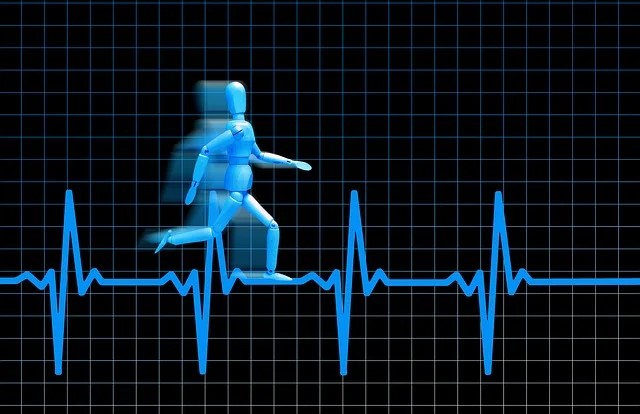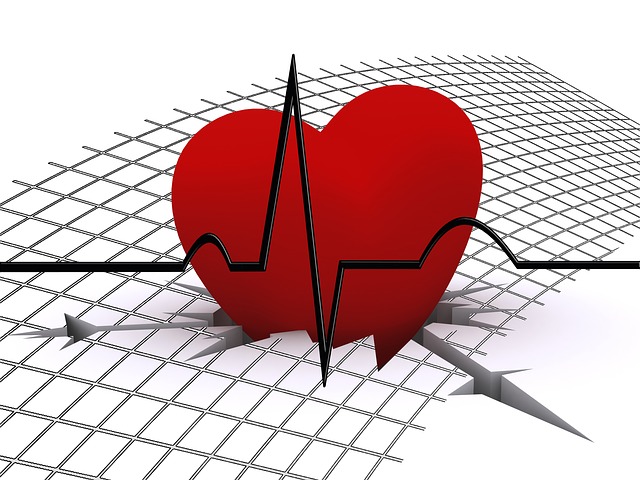
High Cardiovascular Risk in Patients with Mental Illness: Early Intervention Strategies
Early identification and management of cardiovascular risk factors are crucial in patients with mental illness to mitigate the heightened cardiovascular risk associated with psychiatric conditions and improve long-term cardiovascular outcomes in this vulnerable population.
November 2022
Acute Coronary Syndrome: Clinical Presentation and Diagnostic Challenges
Chest pain at rest is the most common presenting symptom of acute coronary syndrome, highlighting the importance of timely recognition and diagnostic evaluation to guide appropriate management and improve outcomes in affected individuals.
November 2022
Coronary Plaque, LDL Cholesterol, and Cardiovascular Event Risk: Insights from Imaging Studies
Atherosclerotic burden varies across the spectrum of LDL cholesterol levels, with plaque burden associated with increased cardiovascular risk, highlighting the importance of comprehensive risk assessment beyond traditional lipid profiling in cardiovascular disease prevention.
November 2022

Identifying COVID-19 Patients at Risk of Mortality: Role of Prolonged QT Interval
Prolonged QT interval on the ECG is identified as an independent risk factor for both myocardial injury and 1-year mortality in patients with COVID-19, underscoring the prognostic significance of cardiac electrophysiological abnormalities in disease outcomes.
November 2022

Heart Failure with Normal Ejection Fraction: Clinical Challenges and Management Strategies
Heart failure with normal ejection fraction poses diagnostic and therapeutic challenges, reflecting ongoing uncertainties in disease classification and management approaches, highlighting the need for further research and consensus on diagnostic criteria and treatment algorithms.
November 2022
Restoring Sinus Rhythm in Atrial Fibrillation: Therapeutic Considerations
Treatment of atrial fibrillation should focus on restoring sinus rhythm to induce reverse remodeling and improve cardiovascular outcomes, underscoring the therapeutic significance of rhythm control strategies in managing this common cardiac arrhythmia.
November 2022

Increased Stroke Risk in Older Adults with COVID-19: Comparative Analysis
The risk of stroke in older adults with COVID-19 is ten times higher during the pandemic period compared to the control period, underscoring the heightened cardiovascular complications associated with SARS-CoV-2 infection in vulnerable populations.
November 2022

Sedentary Behavior, Inflammation, and Endothelial Dysfunction: Pathophysiological Links
Sedentary behavior is associated with endothelial dysfunction and biomarkers of low-grade inflammation in prediabetes, highlighting the adverse cardiovascular effects of physical inactivity and underscoring the importance of regular exercise in mitigating cardiometabolic risk factors.
November 2022

Hypertension During Pregnancy: Active Treatment Improves Pregnancy Outcomes
Active treatment aiming for a blood pressure goal of less than 140/90 mm Hg is associated with better pregnancy outcomes in women with hypertension during pregnancy, emphasizing the importance of effective blood pressure management in maternal and fetal health.
October 2022
















